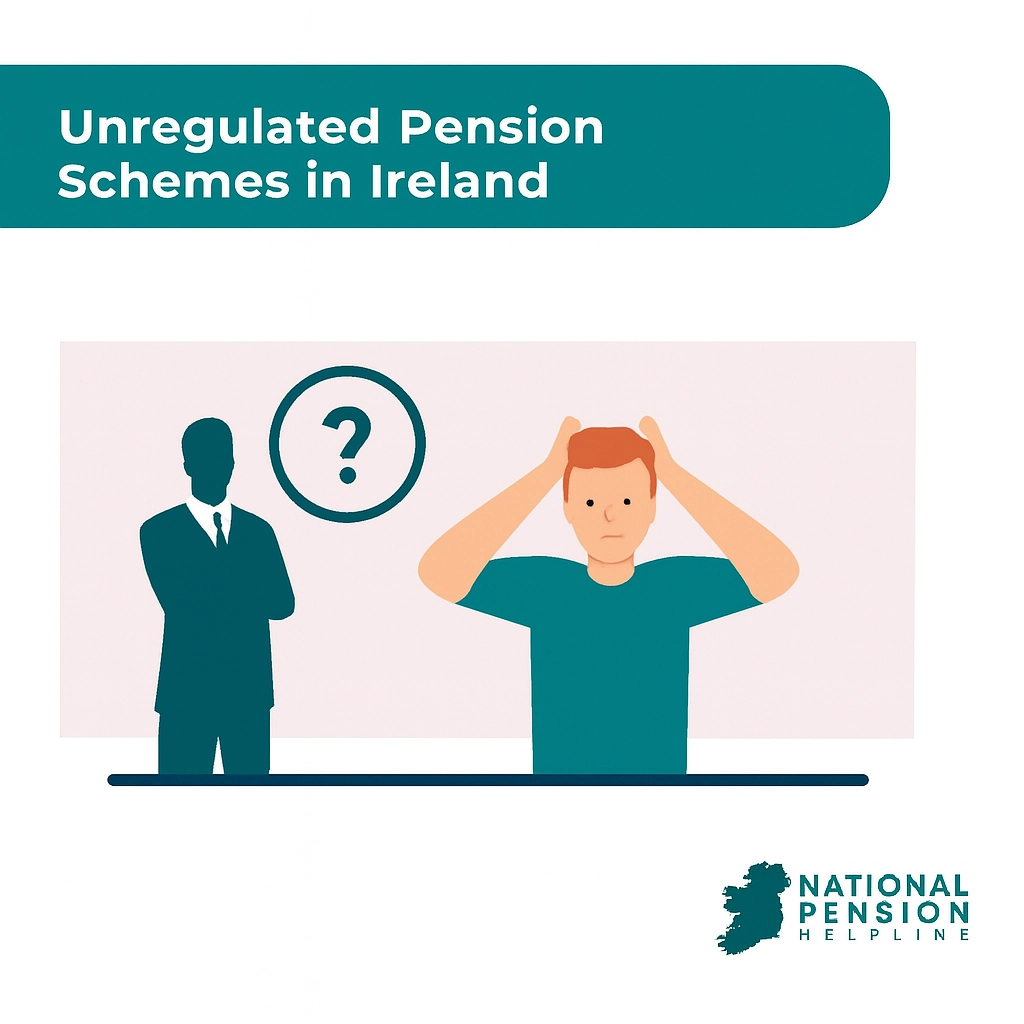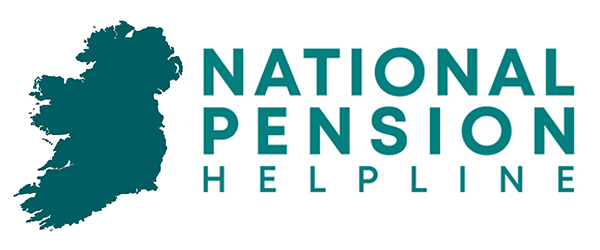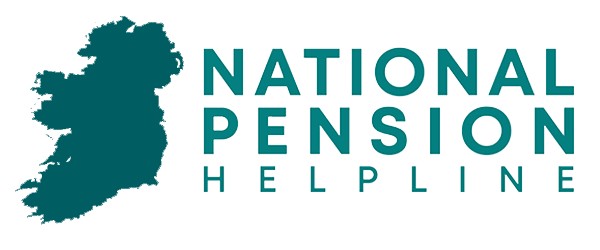Thousands of people in Ireland are owed hundreds of millions of euro after investing in unregulated investment schemes, in a number of ongoing sagas which have caused devastation.
Many people now have their pensions tied up in failed investment schemes, unable to retrieve funds or even reclaim the money they had invested.
But despite widely reported horror stories over recent years, many people still fall into the trap of investing in these unregulated investment schemes.
What are unregulated investment schemes?
The Central Bank supervises investment funds from regulated insurance providers such as Zurich, Irish Life and Aviva.
These regulated financial products and services follow strict criteria around consumer protection and transparency. Essentially, they must play by the rules, and action is taken against them if they don’t.
On the other hand, products and services not authorised by the Central Bank are ‘unregulated’ which leaves investors vulnerable if anything goes wrong.
How do unregulated investment schemes work?
Financial advisors should also be regulated by the Central Bank if they operate in Ireland. But just because they are regulated does not mean they can’t promote unregulated funds.
They may receive much higher commissions than they would for regulated products, which fuels temptation to push these funds to their clients.
The majority of unregulated investment schemes in Ireland are property or renewable energy projects. They often offer high, fixed returns of over 10% as well as low risk, however, if these projects fail, investors can lose everything, as recent controversies have demonstrated.
Recent Scandals Affecting Irish Pensions
Unregulated investment schemes are not illegal, and in many cases they have worked out for investors. We tend to only hear about the schemes that have gone wrong. However, when things do go wrong, the results can be problematic for investors, as was the case with Solar 21, Dolphin Trust and Custom House Capital.
Solar 21
From 2017, Solar 21 began to raise hundreds of millions of euro from Irish investors, mainly older pension investors, for a renewable energy project in the UK.
The investment firm still owes up to €300 million after its ill-fated waste-to-energy project fell through, and still owes thousands of Irish investors as much as €300 million.
This is a disaster for the thousands of people who had their pension investments tied up in the company’s scheme. Solar 21 says that it aims to pay back 90% of investors, however it remains to be seen how this issue will be resolved for the thousands affected.
Dolphin Trust (German Property Investments)
Another high profile case which affected Irish investors was that of Dolphin Trust (now German Property Investments), which collapsed with around €150 million in Irish investors’ money. Over 1,800 Irish investors were affected after investing in the renovation and sale of German properties.
The scheme promised annual returns of 15%, but in July 2020, the company filed for insolvency, owing more than €1 billion to investors around the world. Thousands of pension holders have been devastated by the ponzi scheme, which culminated in GPI owner David Smethurst being convicted for “serious fraud” and sentenced to 6 years and 11 months in prison by a court in northern Germany.
Who is at risk?
Many of the investors who ended up in these funds tended to be regular, well-meaning investors who were convinced to invest in these funds by promises of high returns and the true risk of said investments not being disclosed. When unregulated investments go wrong, there is little that comes back to investors, unlike, for example, a diversified global pension investment portfolio.
How to Avoid Unregulated Investments
Our advice would be to be very cautious when dealing with unregulated investments. The old cliché, ‘if it sounds too good to be true’ should be applied with all financial decisions, especially when dealing with your retirement savings.
If you wish to invest your money elsewhere but not into a traditional regulated pension fund, you could look into EFTs (Exchange-Traded Funds), which are traded like stocks on an exchange and often offer low fees. These are much safer than unregulated investments, and are a much more transparent alternative to unregulated investment schemes.
Note: Just because something is regulated, doesn’t mean that it is guaranteed to be a success either.
Final Checklist to Avoid Losing Your Money
If you are looking for a pension fund, we would recommend following these 7 guidelines to have the best possible chance of seeing positive returns on your contributions and receiving a healthy pension pot when you are ready to retire.


